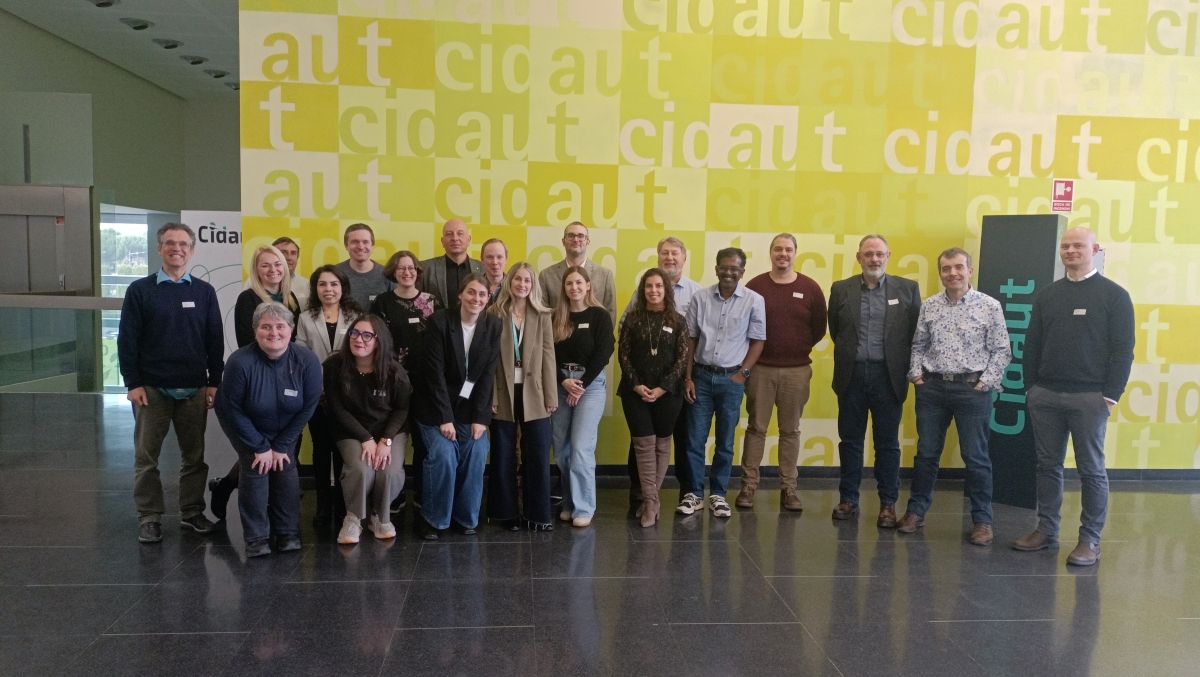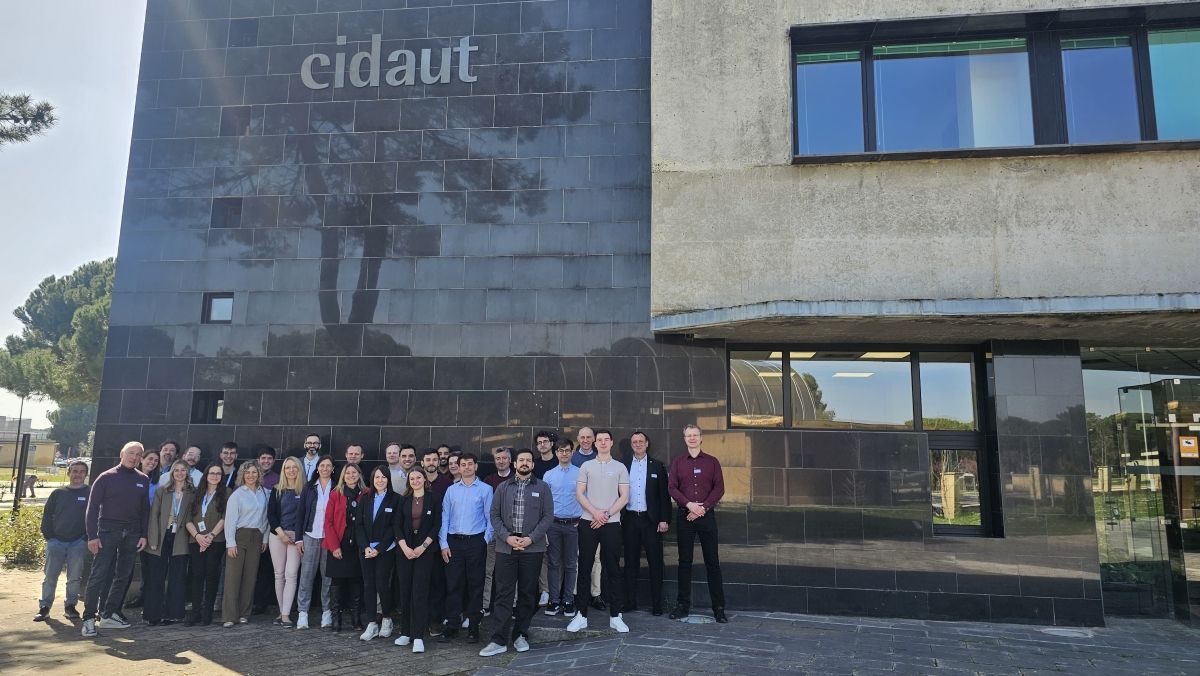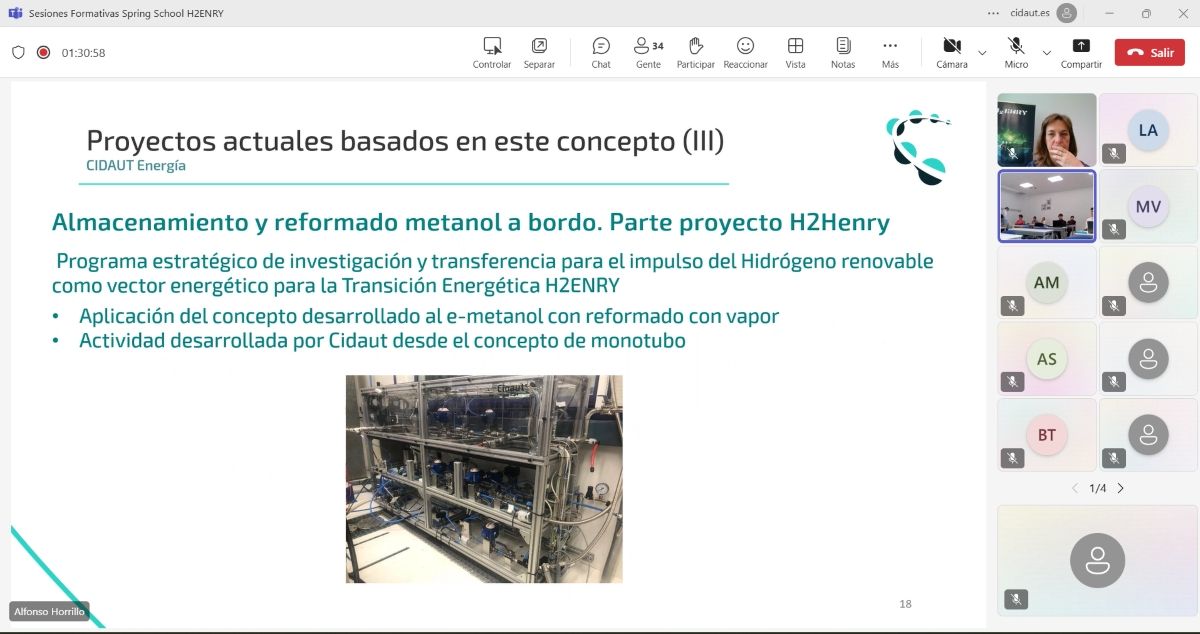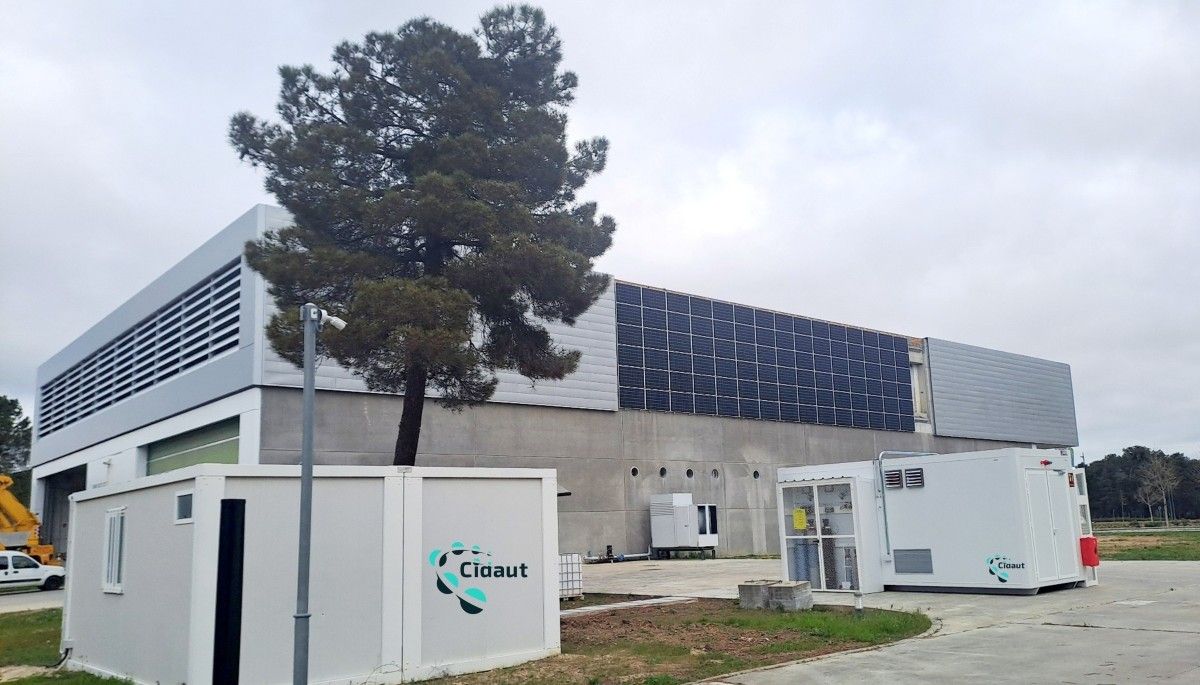Política de Seguridad de la Información
FUNDACIÓN CIDAUT (en adelante, CIDAUT) es una entidad dedicada a la investigación y desarrollo en Transporte y Energía, con el objetivo de potenciar la competitividad y el desarrollo industrial en las empresas de los sectores del transporte, la energía y en la industria en general.
Conscientes de la importancia que la seguridad de la información tiene para el desarrollo de su negocio ha decido implantar un sistema de gestión y suscribe la presente política.
CIDAUT establece, define y revisa unos objetivos dentro de su Sistema de Gestión de Seguridad de la Información (SGSI) encaminados a mejorar su seguridad, entendiéndola como la conservación de la confidencialidad, disponibilidad e integridad de su información, así como de los sistemas que la soportan, aumentando la confianza de nuestros clientes y otras partes interesadas; junto con el cumplimiento de todos los requisitos legales, reglamentarios y contractuales que le sean de aplicación.
El diseño, implantación y mantenimiento del SGSI se apoyará en los resultados de un proceso continuo de análisis y gestión de riesgos del que se derivan las actuaciones a desarrollar en materia de seguridad dentro del alcance de su sistema, que es:
"Sistemas de información que dan soporte a los procesos vinculados a la realización de proyectos de investigación, desarrollo e innovación tecnológica, servicios tecnológicos y ensayos en las áreas de: diseño de producto, energía y medioambiente, materiales, procesos de transformación, seguridad en los vehículos, seguridad vial, movilidad, acústica y vibraciones y tecnologías de la información e industria 4.0 que sean de interés para la industria en general y especialmente para los sectores de transporte y energía."
La Dirección de CIDAUT establecerá los criterios de evaluación del riesgo de manera que todos aquellos escenarios que impliquen un nivel de riesgo inaceptable sean tratados adecuadamente.
Como parte del SGSI, la Dirección desarrollará, implantará y mantendrá actualizado un Plan de Continuidad de Negocio acorde a las necesidades de la empresa y dimensionado a los riesgos que le afectan.
La Dirección de CIDAUT se compromete a la implantación, mantenimiento y mejora del SGSI dotándolo de aquellos medios y recursos que sean necesarios e instando a todo el personal para que asuma este compromiso. Para ello, CIDAUT implantará las medidas requeridas para la formación y concienciación del personal con la seguridad de la información. A su vez, cuando los trabajadores incumplan las políticas de seguridad la Dirección se reserva el derecho de aplicar las medidas disciplinarias acordes al convenio de aplicación y dentro del marco legal aplicable, y según el impacto que ello tenga sobre la organización.
Todo lo definido en esta política se concretará y desarrollará en normativas y procedimientos del SGSI, el cual se integrará en la medida de lo posible con otros sistemas de gestión de la organización compartiendo aquellos recursos en pro de la optimización y buscando la mejora continua de la eficiencia y eficacia de la gestión de los procesos.
Todo usuario tendrá la obligación de reportar los incidentes en materia de seguridad utilizando las directrices establecidas por CIDAUT.
La presente política será de aplicación a todo el personal y recursos que se encuentran dentro del alcance del SGSI, se pone en su conocimiento y es comunicada a todas las partes interesadas.




